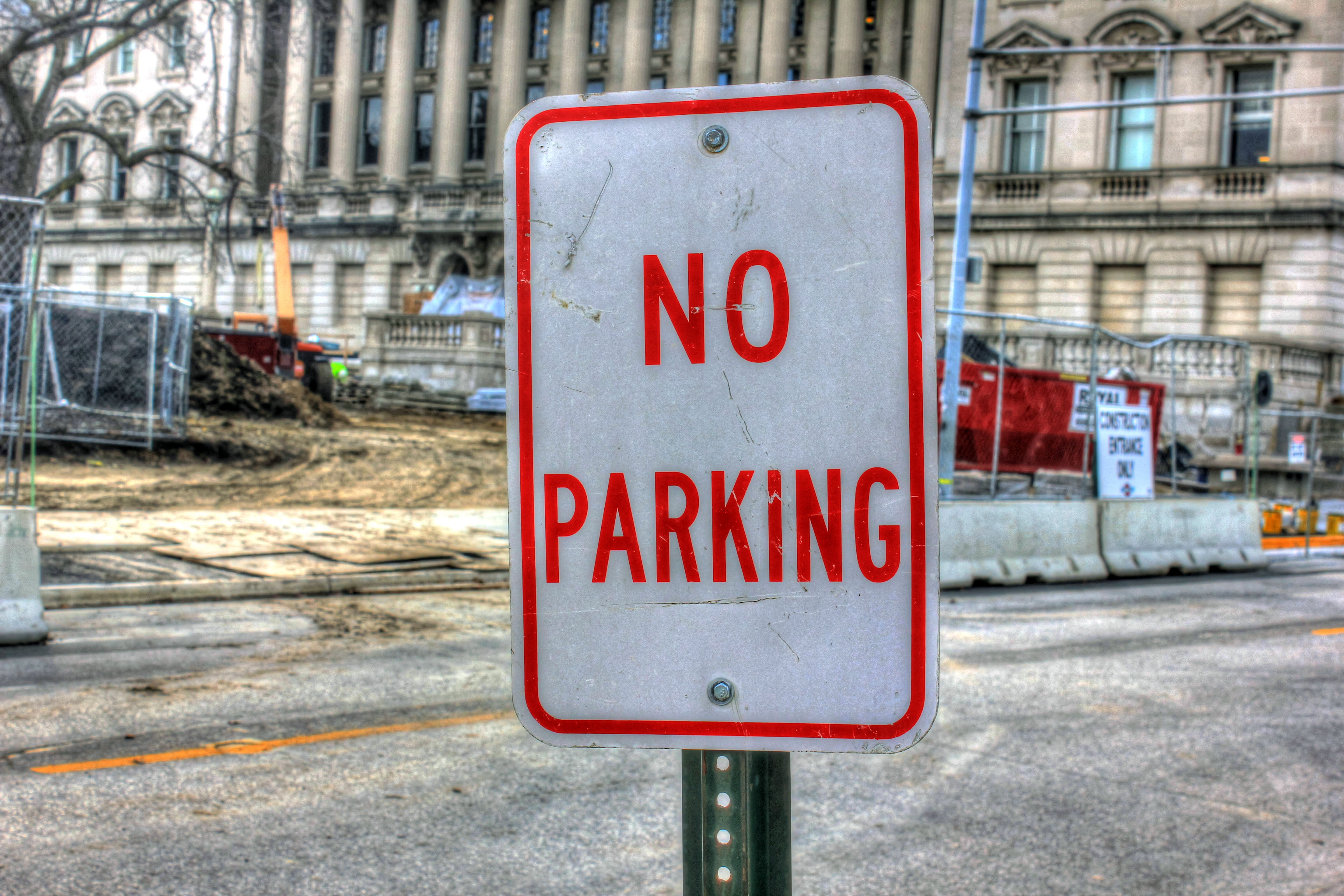How Smart Parking Can Reduce Parking Violations
In public parking management, violations are an issue of critical importance. This is often the result of a limited number of on-street parking resources that must be fairly distributed amongst a huge number of visitors each day. While rules and fines are instituted to reduce parking violations, parking rules are not followed well.
With limited traffic police patrolling around the city, only some of the violators are caught. A competent technology-based solution can reduce parking violations by identifying violators in time and allow city administrations to design and implement effective policies.
Smart parking helps drivers stay on the right side of the law
Most parking violations occur because of a lack of parking space. When motorists are unable to find a spot, the temptation to park along the road, at a ‘No Parking’ zone or in a reserved space is great. Smart parking technologies help drivers locate vacant spaces even before reaching the destination, thus it reduce parking violations. Parking violations also occur when the probability of getting caught is low. With smart parking technology, where cameras capture all activity, it becomes difficult to get away with breaking the law.
How smart parking helps enforcement officials
Smart parking technology not only helps drivers find parking spaces quickly but also enables law enforcers to track violations using historic and real-time parking analytics. Through the use of sensors and cameras, law enforcers can identify violators quickly and electronically send a ticket. This increases the detection of violations, allowing enforcement officials to act on them immediately.
Smart parking systems also feature smart parking meters with RFID tags containing vehicle identification information and a central control station communicating with a network of meters. The RF reader scans the RF tag of a vehicle and transmits information to a central control station that can identify the vehicle and determine if it is legally parked. On detecting a parking violation, the central computer system can relay information to the respective smart parking meter that will issue a parking ticket. The smart parking system can also determine if a vehicle wanted by law enforcement personnel is present in a parking space.
However, the conventional parking meters have shortcomings. Because a police officer has to inspect each parking meter to detect a parking violation, patrolling is a tedious and labor-intensive activity that adds to the cost of enforcement. Moreover, parking spaces can go unmonitored when drivers are required to pay the parking fee. This leads to lost revenue from rental and fines. An automated mode of detecting violations is the solution.
Detecting parking violations with sensors
IoT-based smart parking technology can assist parking officers in efficiently handling parking violations. A smart parking system utilizing sensor networks to manage the occupation status of both on and off-street parking lots deploys them in parking lots to detect availability and inform drivers of the same. Cities such as Melbourne already have sensor networks for smart parking management.
Such sensor data records gathered from in-ground parking sensors can be used for extracting parking violation information. This data provides a comprehensive picture of violations as well as their temporal and spatial distribution in a city. Parking violations so detected can be then forwarded to the cloud and distributed to administrators to help them detect parking violations. Thus, a smart parking system can empower officers in quickly finding parking violations and issuing tickets.
Extracting parking violation distribution from such datasets to design a system to assist officers in finding and catching parking violations is the ultimate goal of a smart parking system. By comparing the parking information of a car and parking rules at the corresponding parking area, enforcement officials can detect parking violations.
Parking data
Sensors can also inform policy decisions by presenting trends between parking violation volume with parking volume, time, population density, and other parameters. Such correlations can help city governments in planning and distributing human resources efficiently in different areas for parking violation management.
For instance, parking violations in a city could differ depending on the day of the week or the time of the day. The temporal distribution of parking violations can enable the city government to schedule officer shifts in proportion with the volume of violations at different times of a day or week.
Additionally, sensor data can give the distribution of average violation periods, measured from the time a car starts violating until the time it leaves. The results can be of use to an official in estimating the probability of a car violating parking rules before he visits its location.
Technology as a solution to the problem of parking violations
Efficiently managing parking violations is important to maintain law and order and increase city budget from parking fines. A smart parking system can effect improvements in officers’ productivity, the probability of detecting violations, enabling officers to manage parking violations efficiently and ultimately reducing the number of parking violations.


